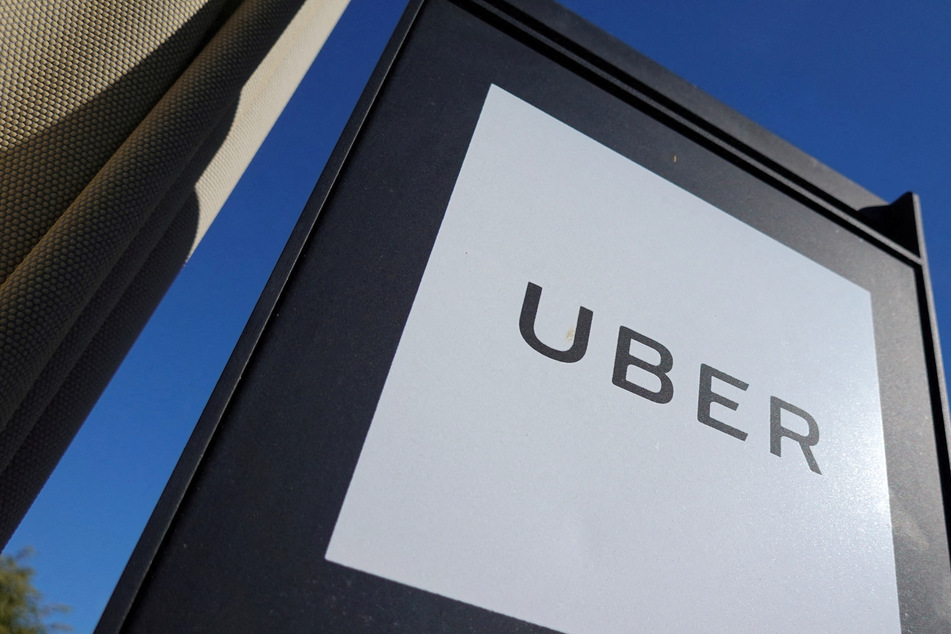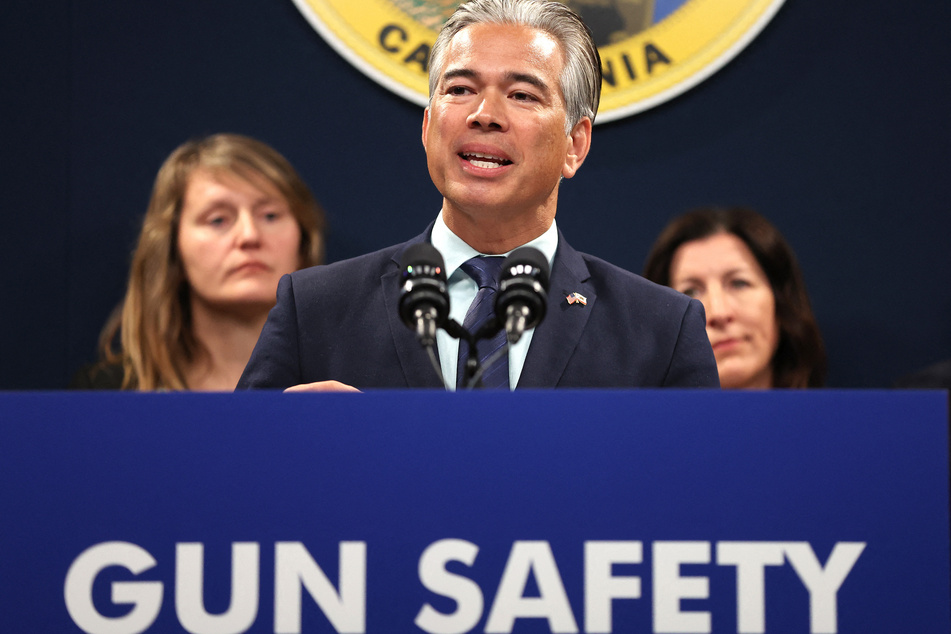Uber driver wins crucial California Supreme Court battle over right to sue
San Francisco, California - The California Supreme Court rejected an argument by Uber that sought to limit the ability of their drivers to take employment-related disputes to court.

In a case brought by driver Erik Adolph against Uber, the ride-hailing and delivery giant argued that because Adolph signed a contract requiring him to take any employment-related disputes to arbitration, he could not lead a case in court on behalf of other drivers.
California's Private Attorneys General Act, or PAGA, allows workers to sue on the state's behalf for labor law violations, and Uber's argument, if recognized by the court, would have limited its scope. However, the court unanimously determined that Adolph could not sign away his right to represent his peers in a class-action lawsuit.
The decision follows a June 2022 US Supreme Court ruling in another California case in which the high court concluded the opposite, that PAGA violated the rights of employers and that the claims of other employees would have to be dismissed because the employee sent to arbitration would no longer have standing to pursue that litigation.
But Supreme Court Justice Sonia Sotomayor wrote a separate concurring opinion, stating that standing under PAGA was a matter of state, not federal, law and kicked the matter back to California.
"California courts, in an appropriate case, will have the last word," Sotomayor wrote.
California AG supported Uber driver's lawsuit

In the California Supreme Court opinion published Monday, Justice Goodwin Liu wrote that "an order compelling arbitration of the individual claims does not strip the plaintiff of standing as an aggrieved employee to litigate claims on behalf of other employees under PAGA."
"The question here is whether an aggrieved employee who has been compelled to arbitrate claims under PAGA... maintains statutory standing to pursue 'PAGA claims arising out of events involving other employees'" Liu wrote. "We hold that the answer is yes."
California Attorney General Rob Bonta's office had supported Adolph's position in a friend of the court brief, noting PAGA was "born out of a period of serious under-enforcement of the Labor Code that was disproportionately affecting some of the State's most vulnerable workers."
Under PAGA, any monetary recoveries won for violations such as failing to pay overtime is split between employees and the state Labor and Workforce Development Agency, with the government receiving 75% of funds.
Cover photo: REUTERS
